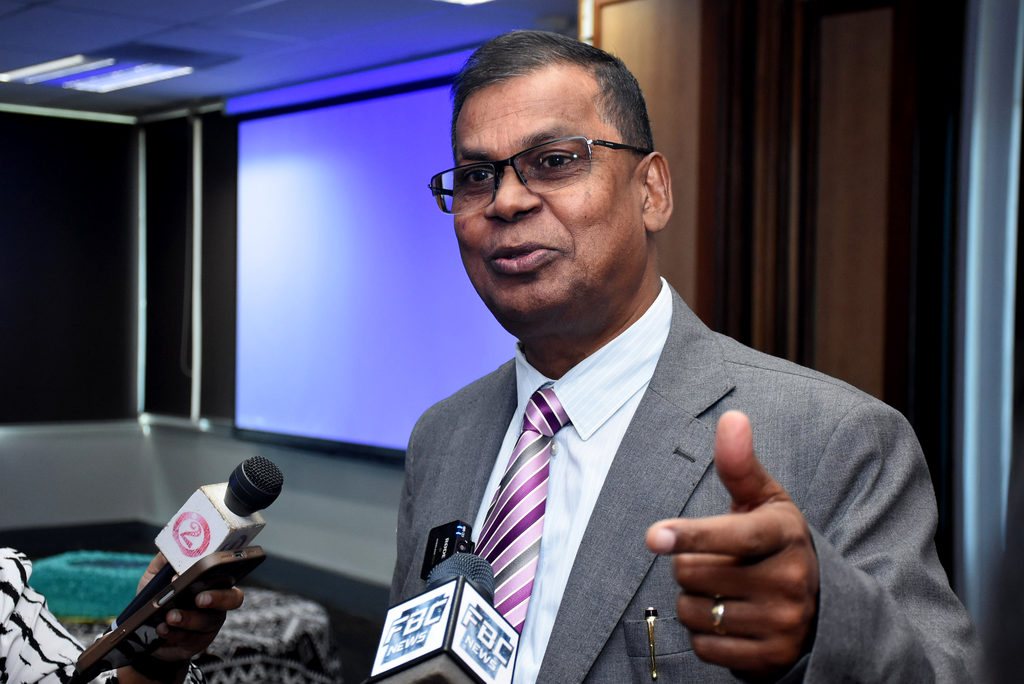A special audit will be conducted on the Education Ministry’s spending during the 2024–2025 financial year after it exceeded its allocated budget for salaries and wages which by July 11 of this year was projected to reach $23.8million.
This was revealed in a leaked memorandum from the Finance Ministry to the Education Ministry that labelled this overspending as being “grossly mishandled”.
The correspondence sent on July 11 from head of budget division Nemia Dawai stated that out of the $650.6million allocated to the Education Ministry, $397.2million (61.1 per cent) was designated to Standard Expenditure Group 1 and 2 which specifically focused on the administration of salaries and wages.
“As of July 9, 2025, only $9.6million remains available under these segments which is insufficient to cover employees’ salary payments through to the end of the financial year,” said Mr Dawai in the memorandum.
Mr Dawai said the shortfall was primarily attributed to several unbudgeted initiatives that included qualification upgrades for 296 teachers, salary adjustments for 122 assistant principals and remunerations for 13 school chaplains.
“(As of July 11), the ministry has incurred a total expenditure of $2.9million on these initiatives broken as follows — $2.4million for qualification upgrades, $353,382 for assistant principal’s salary adjustments and $177,283 for chaplain payments.”
Confirming the document was authentic and leaked, Finance Minister and Deputy Prime Minister Professor Biman Prasad said the special audit was a normal process because at times larger ministries tended to overspend or underutilise their budgetary allocations in a financial year.
“Over expenditure and redeployment to manage over expenditure happens within a budget year and it is not unusual,” said Prof Prasad.
“We obviously discourage over expenditure and in some cases under expenditure as well.
“The Ministry of Finance manages this within its policies and procedures including through internal audits as well.”
Finance permanent secretary Shiri Gounder said the ministry regularly monitored budgeted spending of government ministries and reported back to the respective permanent secretaries to ensure they were within their approved budgets and that proper financial management policies and processes were followed.
“There are internal processes within the Financial Management Act and other legislations to regularise any overspending by certain agencies and also accountability mechanisms to keep civil servants responsible,” said Mr Gounder.
“Large ministries like Education and Health have had overspending of their salary budgets, however, that has been regularised from underspending in other ministries through the redeployment process approved by the Cabinet.
“This is not something new and had happened in the previous years.
“The Ministry of Finance also conducts regular internal audits and in certain circumstances special audits to help ministries strengthen their internal controls to ensure adherence to proper financial processes and guidelines.”
He said a recent leak of a confidential document between the Finance Ministry and the Ministry of Education was obviously meant to create unnecessary speculation. “We wish to advice that these are internal communications between the Ministry of Finance and the Ministry of Education which has obviously been leaked to create unnecessary speculation.”
Meanwhile, Education Minister Aseri Radrodro said they would be releasing a statement on this issue soon.



